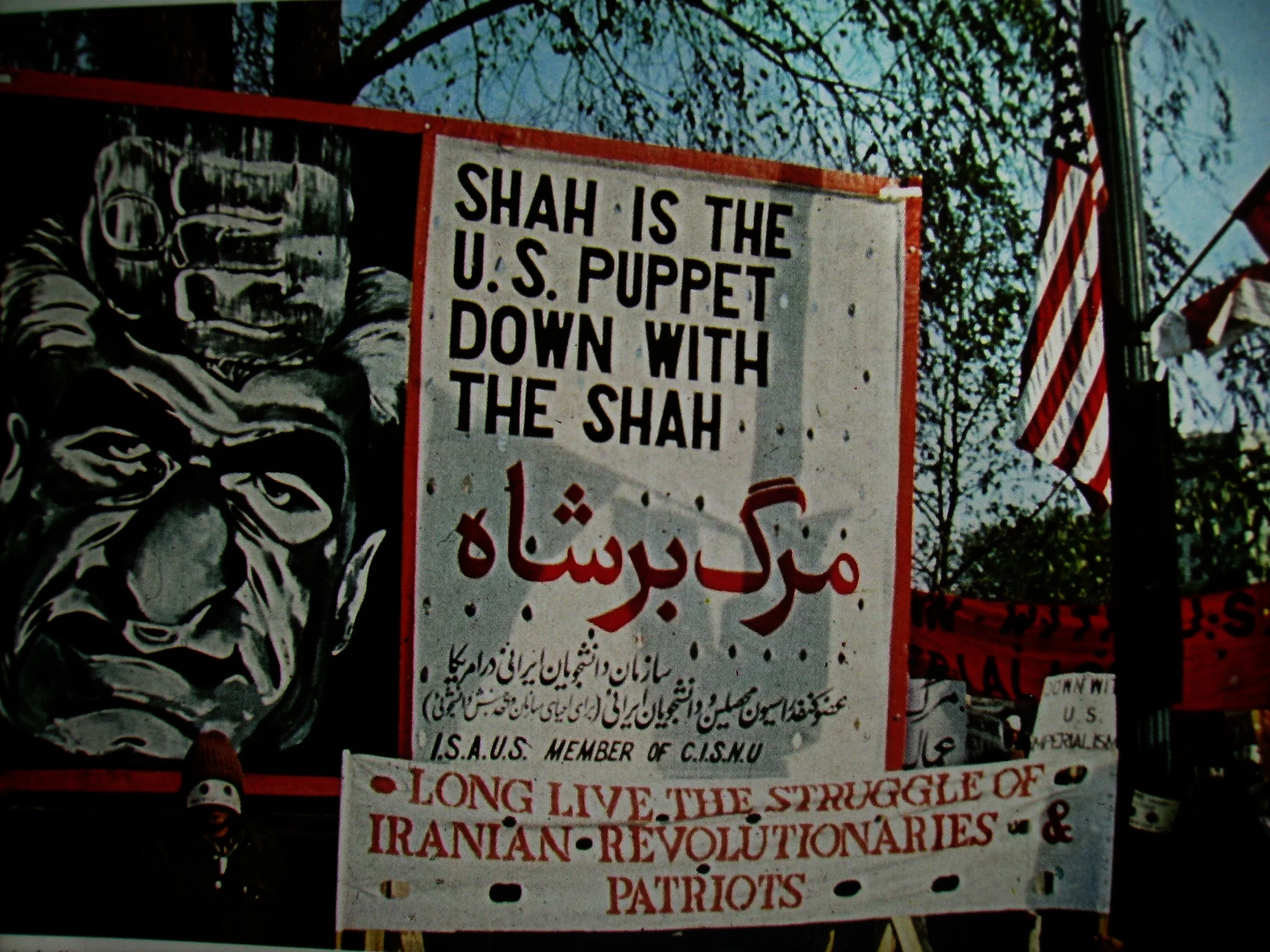How should senior military officers in democratic states influence their domestic political environments? The flippant answer is that they should not: they should do as they’re told. The American civil-military relations literature, written largely in the shadow of Samuel P. Huntington’s myth of an apolitical military, has consistently downplayed the positive role officers play in politics, to such a degree that we have only a dim outline of what constitutes appropriate and effective political influence by officers Thus, in practice, we fear that too many officers find that their professional military education fails to prepare them for the realities of being a commander.
Turning the Corner in Afghanistan
In the November/December 2017 issue of Foreign Affairs, Kosh Sadat and Stanley McChrystal defended the ongoing state-building and counterinsurgency project in Afghanistan as both right and necessary. In doing so, however, they revived the fallacies that have long obscured problematic aspects of the US-led campaign in that country. Proponents of the open-ended commitments to Afghanistan have long misrepresented the governance and security issues in Afghanistan as merely technical, albeit complicated, and overstated the ability of American means to remedy such issues. Like others before them, Sadat and McChrystal have addressed neither the complex prerequisites to state building nor the consequences of ongoing American political ambivalence towards the war. Either one of these factors alone could derail US aims. The fact that both are present should give policymakers pause.
The Death of American Conventional Warfare: It’s the Political Willpower, Stupid
Conventional Warfare is officially dead. This has become an obvious trend with innumerable adversaries engaging the American military and her allies in unconventional ways and means. The long-held notion of the ‘decisive battle’ that brings the combat power of two nations against each other for a winner-take-all slugfest lies in the next grave. Even ‘wars of attrition’, in the model of the American Civil War, First and Second World Wars, and Korea are gone. If America hopes to remain strategically significant, its political and military leadership must adapt to the new reality that no adversary wants to fight the United States (U.S.) in a symmetrically conventional fashion.
Against the Tide: A Look at Chinese and Indian Strategies to Become Superpowers
While the United States is currently considered the world’s hegemonic power, several other states possess the potential to be superpowers in the making, such as Brazil, Russia, India, and China (the so-called BRIC countries). Assuming these great powers desire to better their positions, their respective strategies may either propel them into a leading international role or act as a hindrance to their ascent. The examples of China and India, in particular, serve as interesting cases to explore due to their potential to become superpowers as well as their vastly different approaches in world affairs.
#Reviewing On War and Politics: The Battlefield Inside Washington's Beltway
No One Had a Clue: #Reviewing America’s War for the Greater Middle East
On Military Advice to Civilians
Many great advisers to presidents and prime ministers have come from the military ranks. Many presidents and prime ministers have seemed great in war and peace because they listened to sage military advisers. But military advice is often a thorny topic and more than once in America there has been confusion about this topic. I have seen this first hand on a few occasions and wanted to craft some thoughts on the topic to help elected, appointed, and commissioned senior leaders and those who will stand in their shoes one day.
What Successful Strategists Read
The bottom-line is that there already exists a long list of lists advising strategists on what they should read. At best, the analysis presented here provides one more list to consider. To remain open-minded, hopefully a strategic thinker would never limitthemselves to any list. Nevertheless, the hope is that individuals find the results of this survey valuable as they chart their course of self-study and reflection, wherever that may take them.









